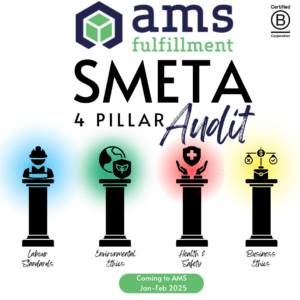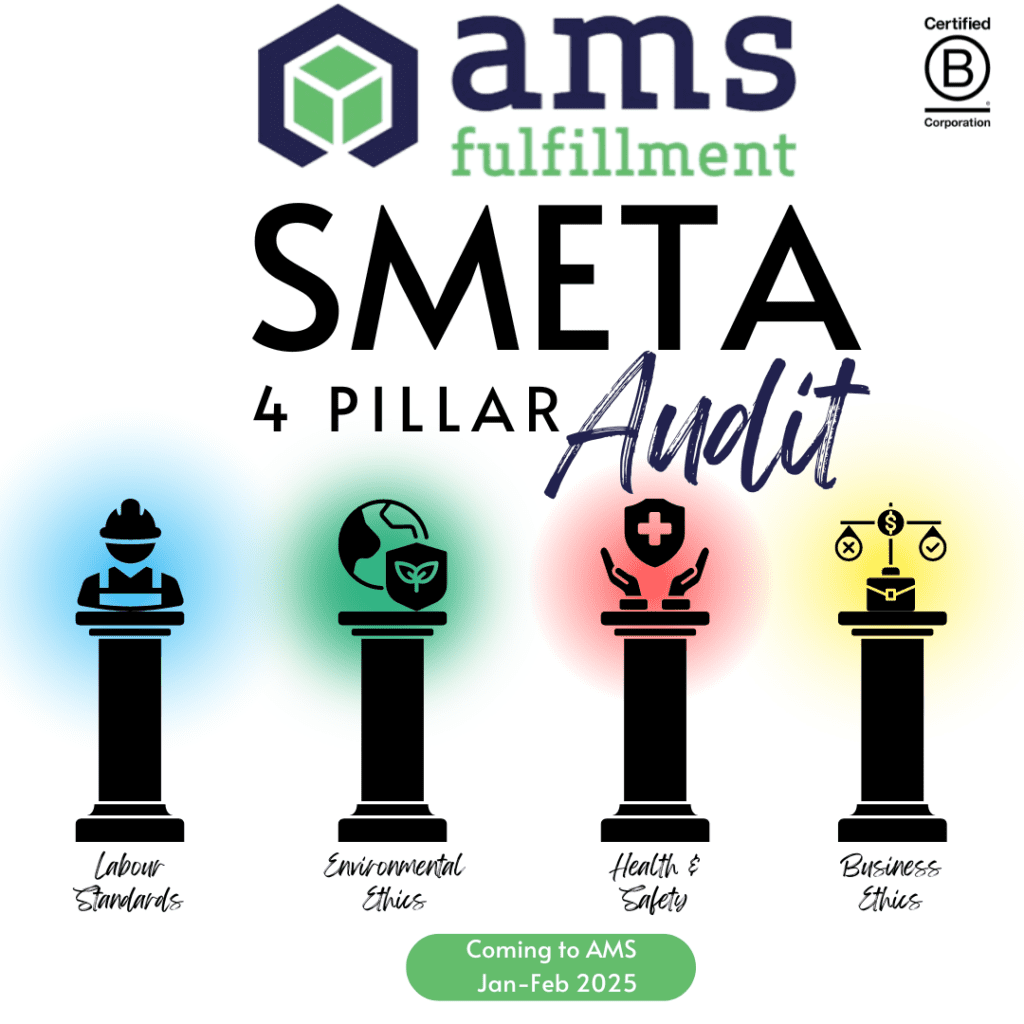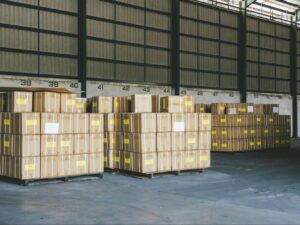
In this series we will be discussing an audit that corporations undertake related to this progress. The auditor investigates the way the corporation treats its employees, their treatment of the environment and the integrity of their service to clients or customers.
As with all upliftment of our world, this inspiration is motivated by ‘we the people’. We, the people, want to see employees treated fairly, within a safe and healthy work environment; we want to see nature respected and protected; and we want to see business ethics. We want a better world… and we are willing to be the change we wish to see.
Prior to the audit taking place in the first quarter of 2025, we will be disseminating SMEDA Audit information for our AMS employees and other stakeholders. Throughout this process, we aim to educate our employees about their rights and responsibilities during the audit. We encourage the involvement and cooperation of our employees, and we assure them of confidentiality and protection from retaliation.
Bottom line – AMS seeks to add transparency and value to our stakeholders: our employees, our community, our clients, our environment and ourselves.
What is a 4 Pillar SMETA Audit?
A SMETA Audit, stands for Sedex Members Ethical Trade Audit. It is a social auditing standard recommended by Sedex (Supplier Ethical Data Exchange). The audit serves as a framework for businesses to evaluate a supplier’s working conditions in labor practices, health and safety standards, environmental responsibility, and adherence to ethical business practices.
We want our clients to be able to evaluate AMS’ premises, operations, documentation procedures and technical systems and this is the reason for the SMETA audit. The audit findings are assessed against the Ethical Trading Initiative (ETI) Base Code and relevant local regulations. The SMETA audits rely on a certified third-party provider to conduct inspections at AMS premises. Upon our completion of the audit, our clients will be able to tell their customers how AMS performs in the following four areas:
#1 Labor Standards:
This aspect covers areas such as working hours, wages, discrimination, child labor, and forced labor. The auditor evaluates whether the supplier adheres to national and international labor laws and regulations.
#2 Health and Safety:
This aspect includes workplace safety, emergency preparedness, and employee access to healthcare. The auditor evaluates whether the supplier has established suitable health and safety policies and procedures in place.
#3 Environmental Performance
This aspect includes waste management, water usage, energy consumption, and greenhouse gas emissions. The auditor assesses whether the supplier adheres to relevant environmental laws and regulations.
#4 Business Ethics:
This aspect includes corruption, bribery, and human rights. The auditor evaluates whether the supplier has established adequate policies and procedures to prevent unethical behavior.
Why is AMS Scheduling the SMETA Audit?
We are scheduling the audit for the first quarter of 2025 because we want to assure our stakeholders that we ‘walk the walk’, i.e. we intend to provide Transparency! Retailers, brands, and customers are placing growing emphasis on ensuring that their goods are manufactured in a manner that guarantees fair treatment for all employees across the production supply chain. AMS is a B Corporation… a company committed to our stakeholders: our employees, our clients, our community, our environment and ourselves, and as a B Corporation, we are very pleased to schedule and undertake this audit.
Benefits of a SMETA Audit
The SMETA audit 1) improves understanding of the current working conditions, 2) it provides a framework for corrective action plans, 3) it allows companies to assess our performance, 4) it improves AMS’ overall industry reputation and 5) it demonstrates that we comply with existing and upcoming legislation.
Sustainability is neither a beginning nor an end, but a constant journey forward. As a B-Corp, we put people, customers, and the planet first.




